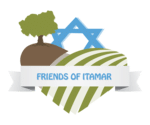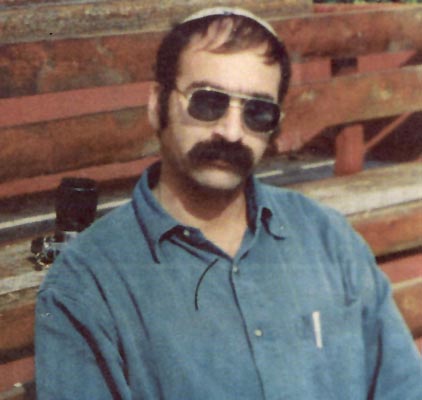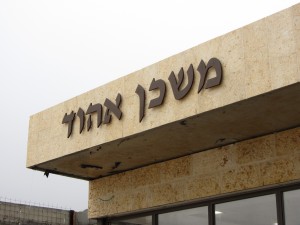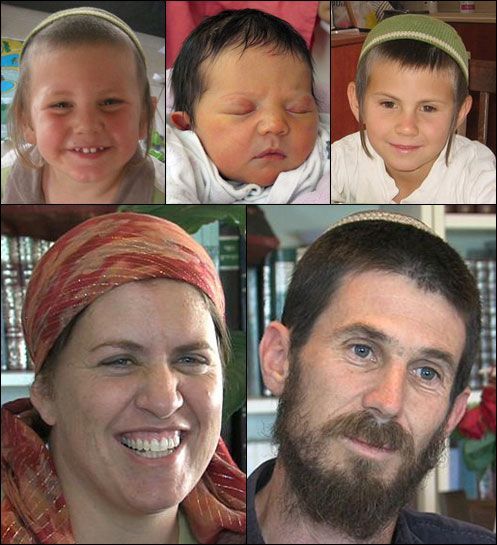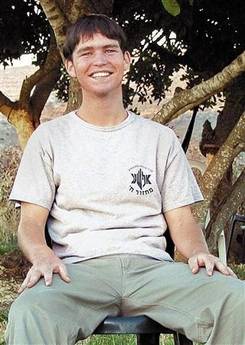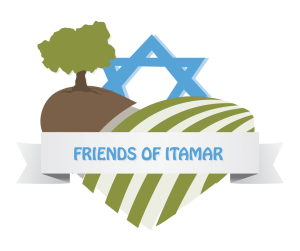The Fogel Massacre a year later
residents, friends and family of the Fogel family gathered to commemorate their lives. Photo by: Boaz Motas Leah Goldsmith pulls back the curtains from her living- room window to r
The Fogel Massacre
Shocking Massacre in Itamar Wednesday, March 16, 2011 By Avi Yishai
Eliyahu Asheri
Thursday, June 29, 2006 / 3 Tammuz 5766 Funeral of Murdered 18-Year-Old Eliyahu Asheri Arutz 7: Thousands of people, including both chief rabbis and other notables, attended the
Shlomo Miller
Friday, 13/8/04- The security coordinator of Itamar was murdered Erev Shabbat while defending the community from an arab terrorist attack. Arutz 7 (IsraelNN.com) Shlomo Miller,
